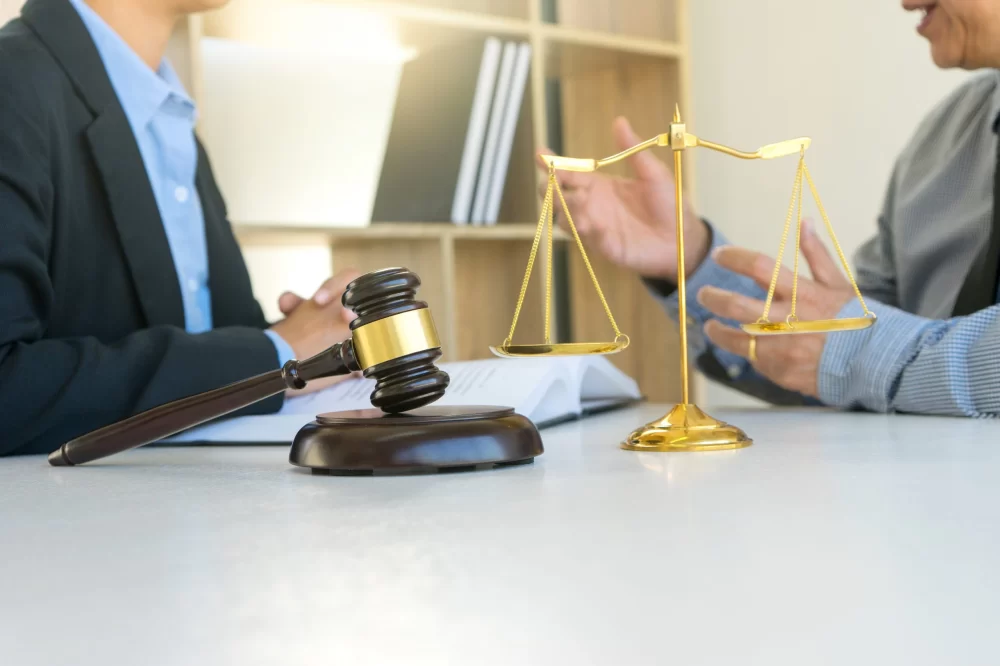- Understanding the Lawsuit for Property Damage
- Immediate Steps to Take If Sued
- Building a Strong Legal Defense
- Real-Life Cases and Lessons
- Professional Legal Support and Resources
1. Understanding the Lawsuit for Property Damage
Being sued in civil court for property damage can be overwhelming and confusing, especially if you’re unsure of the legal implications. Property damage lawsuits arise when an individual or entity claims that you have caused harm to their property, either intentionally or accidentally, and they seek compensation for repairs or losses. This type of civil lawsuit is common in various scenarios such as accidents, negligence, or disputes between neighbors.
It’s essential to recognize that the lawsuit process follows a structured legal path where both parties present their evidence and arguments. The plaintiff, the person suing you, must prove that you were responsible for the damage and that the harm resulted in financial loss. Understanding these basics will prepare you for what lies ahead.
1.1 Key Legal Concepts in Property Damage Cases
The core of any property damage lawsuit is liability. Liability means being legally responsible for the damage. In many cases, the court examines whether you were negligent, meaning you failed to take reasonable care, which directly caused the damage. Other factors include intentional harm, strict liability in specific circumstances, and the extent of the damage claimed.
1.2 The Role of Evidence
Evidence is critical in proving or defending against property damage claims. This includes photographs, repair estimates, eyewitness accounts, and expert testimonies. The quality and clarity of your evidence can significantly impact the case outcome.
2. Immediate Steps to Take If Sued
When you receive a lawsuit notice for property damage, acting quickly and thoughtfully is crucial. Here are the essential steps to consider:
2.1 Carefully Review the Complaint
Read the lawsuit documents thoroughly to understand the allegations and the damages claimed. Missing deadlines or ignoring the complaint can lead to a default judgment against you, meaning you automatically lose the case.
2.2 Do Not Ignore the Lawsuit
Ignoring a property damage lawsuit can have severe legal consequences. Even if you believe the claim is unfounded, responding within the required time frame is necessary to protect your rights.
2.3 Gather Your Documentation
Collect all relevant information related to the incident, including contracts, insurance policies, communications, and any evidence that supports your position. Well-organized documentation is invaluable when preparing your defense.
3. Building a Strong Legal Defense
Defending yourself effectively against a property damage claim requires strategy and, often, legal expertise. Consider these important aspects:
3.1 Understand Your Legal Rights
Knowing your rights is fundamental. For example, you might have insurance coverage that protects against property damage claims, or there might be procedural errors in how the plaintiff filed the lawsuit.
3.2 Explore Settlement Options
In many cases, settling out of court can save time and money. Negotiating a fair settlement might resolve the dispute without a lengthy trial, but it’s essential to do this with a clear understanding of your rights and potential liabilities.
3.3 Prepare for Court
If the case goes to trial, prepare to present your evidence clearly and concisely. You may also need to call witnesses or experts to support your defense. A skilled attorney can help you navigate courtroom procedures and build a persuasive case.
4. Real-Life Cases and Lessons
Consider the case of Michael, who was sued after a neighbor’s fence was damaged during a landscaping project. Michael initially ignored the lawsuit, which almost led to a default judgment. After seeking legal help, he provided evidence showing the damage was caused by a subcontractor hired by the plaintiff. This case highlights the importance of early action and thorough evidence gathering.
Another example involves Lisa, who faced a claim after a pipe burst in her rented property, causing water damage to the unit below. Lisa’s insurance covered the damages, and her lawyer negotiated a settlement that avoided court. This case demonstrates how insurance and professional legal advice can mitigate risks.
5. Professional Legal Support and Resources
If you find yourself wondering what to do if you are sued in civil court for property damage, professional legal support is invaluable. Experienced attorneys, such as those at Fred Miller Lawyer, specialize in property damage defense and can guide you through the complexities of the legal process.
Legal professionals help assess the validity of claims, negotiate settlements, and prepare defenses that protect your interests. In addition, they provide emotional reassurance during stressful situations. Whether your case is straightforward or complex, expert advice can make a decisive difference.
Remember, the sooner you seek help, the better your chances of a favorable outcome. Don’t hesitate to contact legal experts to understand your options fully and defend your rights effectively.


 massey stotser
massey stotser anthem taxes reviews
anthem taxes reviews law offices of nicomedes e suriel
law offices of nicomedes e suriel centennial divorce lawyer
centennial divorce lawyer mark gallagher attorney
mark gallagher attorney michael kushner lawyer
michael kushner lawyer